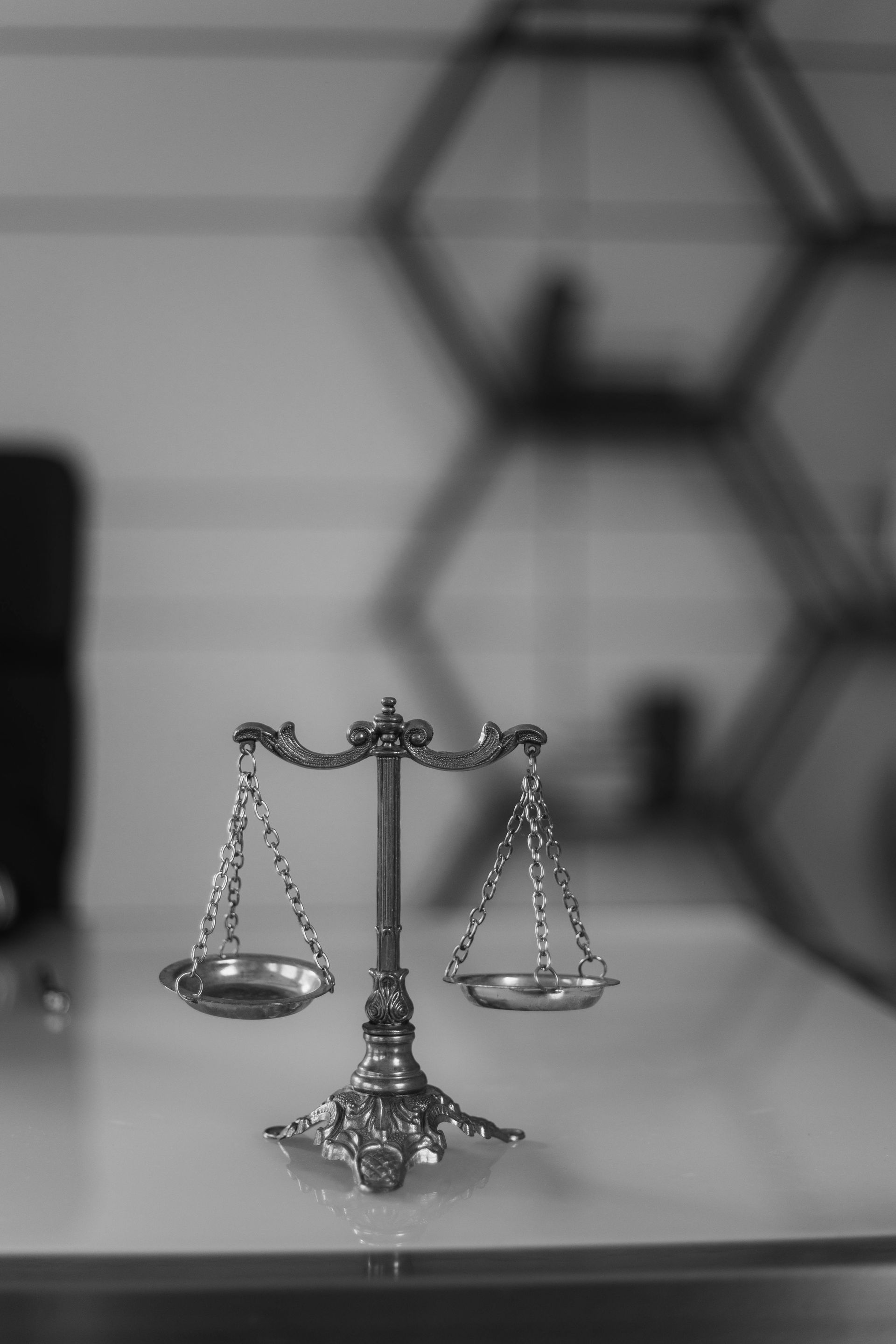Criminal Defense for
North Louisiana Charges
If you’ve been arrested or charged with a crime, we’ll give you honest answers, walk you through what’s ahead, and build a defense that fits your situation.
Charges We Handle
We represent clients across North Louisiana facing misdemeanors and felonies including:
- Property Crime Cases
- Battery and Assault Cases
- Sex Offense Cases
- And Expungement for when everything is said and done.
What to Expect
Most people don’t know what to expect after an arrest. We’ll explain what’s going to happen next, what your options are, and how we can help protect your record and rights.
Local Courts, Local Insight
We’ve defended clients in Lincoln Parish, Union Parish, Ouachita Parish, and nearby areas. Knowing the local prosecutors, judges, and court processes can make a big difference.
Frequently Asked Questions
Should I talk to the police after an arrest?
No. Politely ask for a lawyer and stay quiet. Anything you say can be used against you — even if you’re trying to explain yourself.
Do I need a lawyer for a misdemeanor?
Yes. Even minor charges can lead to a criminal record, jail time, or job issues. It’s worth getting legal advice before you plead guilty.
What if I’m innocent?
Then you absolutely need a lawyer. We’ll help you present evidence, challenge the charges, and make your side heard.
Serving Clients Across North LA
We defend people in Ruston, Monroe, West Monroe, Farmerville, Bastrop, and surrounding communities.
Let’s Talk Strategy
If you’re facing charges, don’t wait. The earlier we get involved, the better we can protect you. Call or message us to schedule a consultation.
Let us Know How We Can Help
We will get back to you as soon as possible.
Please try again later.


